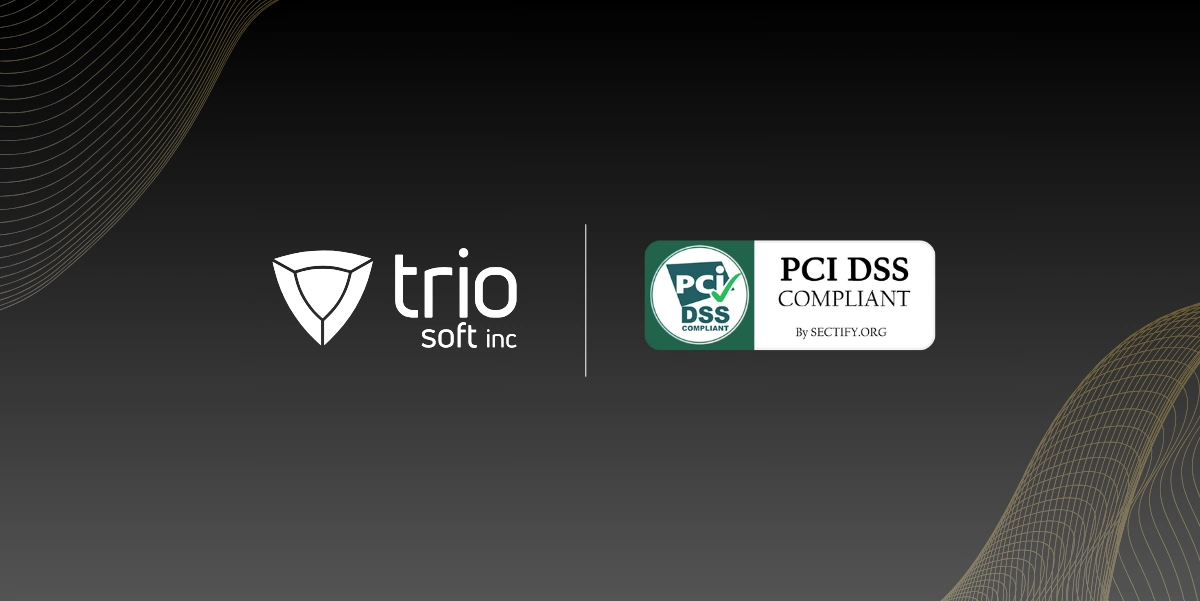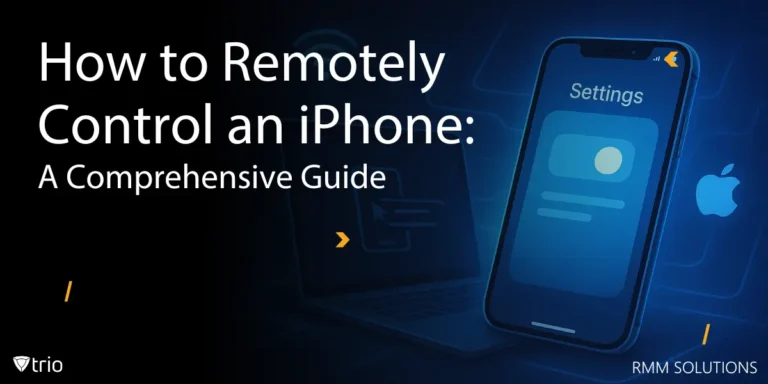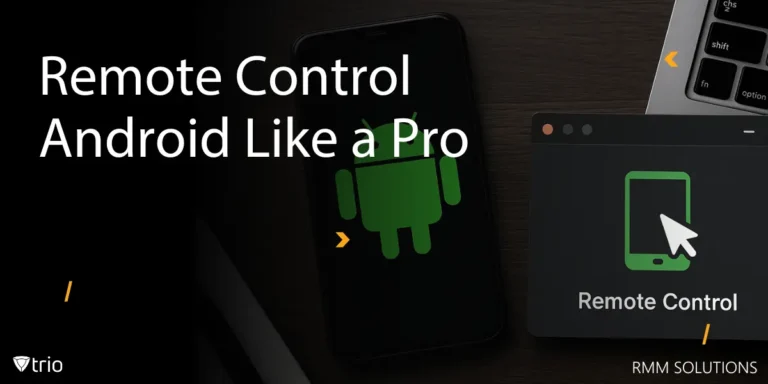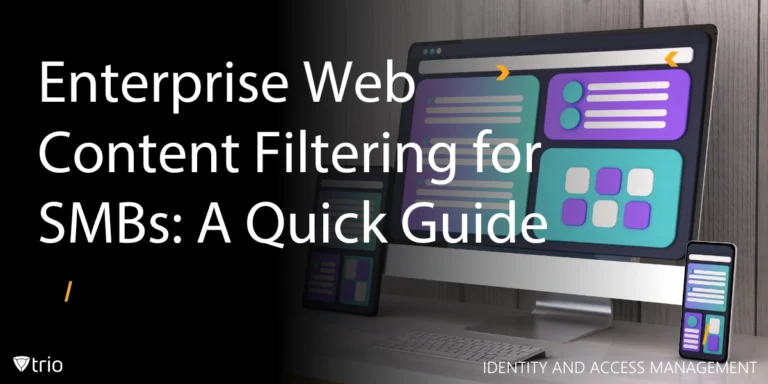In a significant stride towards bolstering its security infrastructure, Trio, a leading provider of Mobile Device Management (MDM) solutions, proudly announces its attainment of Payment Card Industry Data Security Standard (PCI DSS) compliance. This milestone underscores Trio's commitment to ensuring the highest level of data security for its clients.
Understanding PCI DSS Compliance
The Payment Card Industry Data Security Standard (PCI DSS) is a set of security standards designed to ensure the secure handling of credit card information during payment transactions. Developed by major credit card companies, including Visa, Mastercard, and American Express, PCI DSS compliance aims to protect cardholder data from theft and fraud by implementing robust security measures.
Key Requirements of PCI DSS Compliance
Achieving PCI DSS compliance entails meeting a series of stringent requirements aimed at safeguarding cardholder data throughout its lifecycle. PCI DSS consists of steps that mirror security best practices. PCI DSS Requirements include these steps:
- Install and maintain a firewall configuration to protect cardholder data
- Do not use vendor-supplied defaults for system passwords and other security parameters
- Protect stored cardholder data
- Encrypt transmission of cardholder data across open, public networks
- Protect all systems against malware and regularly update antivirus software or programs
- Develop and maintain secure systems and applications
- Restrict access to cardholder data by business need to know
- Identify and authenticate access to system components
- Restrict physical access to cardholder data
- Track and monitor all access to network resources and cardholder data
- Regularly test security systems and processes
- Maintain a policy that addresses information security for all personnel
Under each of the 12 PCI DSS requirements mentioned, there exist more than 200 sub-requirements, offering detailed guidance. In order to meet compliance, an organization must fulfill every PCI DSS requirement, undergo validation from an independent Qualified Security Assessor, and submit compliance reports to the acquiring banks and card brands they are affiliated with. Compliance evaluations occur annually and in response to significant alterations in the environment that might affect security.
Importance of PCI DSS Compliance
PCI DSS compliance is crucial for organizations that handle credit card transactions as it helps mitigate the risk of data breaches, fraud, and regulatory penalties. By adhering to PCI DSS standards, organizations demonstrate their commitment to protecting sensitive cardholder information and maintaining the trust of their customers. Furthermore, achieving compliance serves as a competitive advantage, distinguishing organizations in a crowded marketplace where consumers are increasingly concerned about the security of their personal and financial data. It also streamlines security practices, ensuring that they are not only consistent but also up to date with the latest cybersecurity threats and mitigation strategies. Lastly, it fosters a culture of vigilance and continuous improvement within organizations, driving them to regularly evaluate and enhance their security measures in response to evolving threats and compliance requirements.
For Trio, achieving PCI DSS compliance reinforces its dedication to providing secure MDM solutions that meet the highest industry standards for data security. By adhering to PCI DSS requirements, Trio ensures that its clients can confidently leverage its MDM platform to manage mobile devices and access sensitive data without compromising security. Trio undertook several significant measures, including:
- Transitioning our systems to utilize point-to-point encryption for card data.
- Implementing multi-factor authentication across all systems that access payment information.
- Instituting internal vulnerability scanning and penetration testing initiatives.
- Developing a formal incident response plan to address any suspected data breaches.
- Conducting PCI DSS and security best practices training for all personnel involved with payment cards.
Conclusion
Trio's attainment of PCI DSS compliance marks a significant milestone in its ongoing efforts to prioritize data security and protect sensitive information. By adhering to PCI DSS standards, Trio reaffirms its commitment to delivering secure, reliable, and compliant MDM solutions that empower organizations to safeguard their data and maintain regulatory compliance. With PCI DSS compliance in place, Trio stands ready to support organizations in their journey toward enhanced data protection and security resilience. Sign up for a free demo of Trio today!
Get Ahead of the Curve
Every organization today needs a solution to automate time-consuming tasks and strengthen security.
Without the right tools, manual processes drain resources and leave gaps in protection. Trio MDM is designed to solve this problem, automating key tasks, boosting security, and ensuring compliance with ease.
Don't let inefficiencies hold you back. Learn how Trio MDM can revolutionize your IT operations or request a free trial today!





